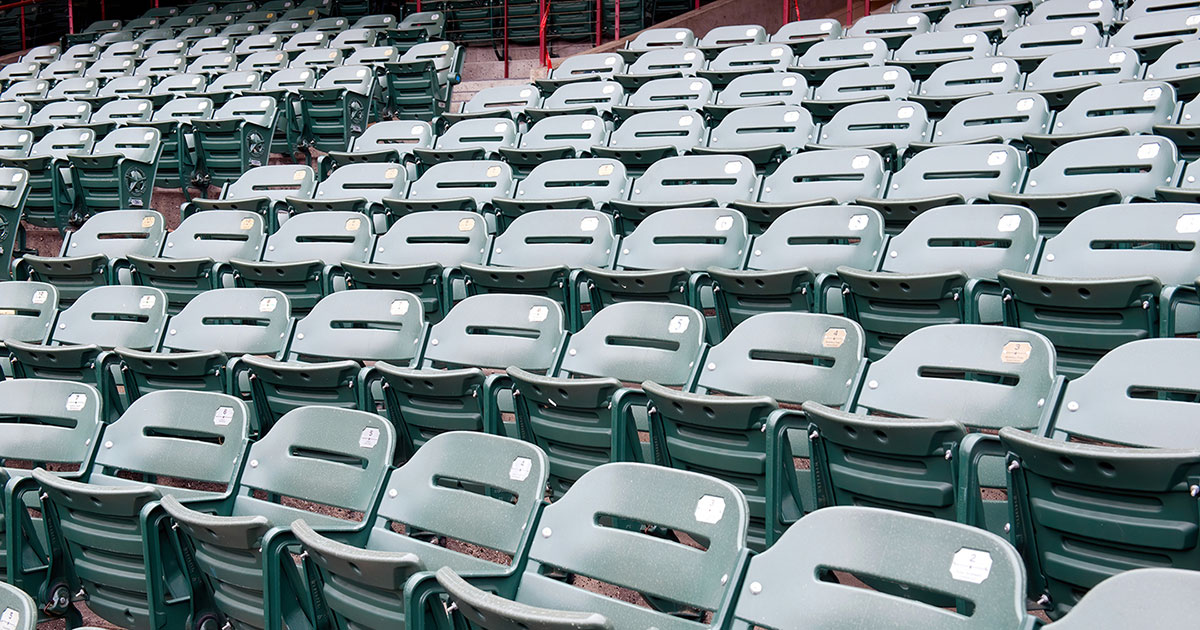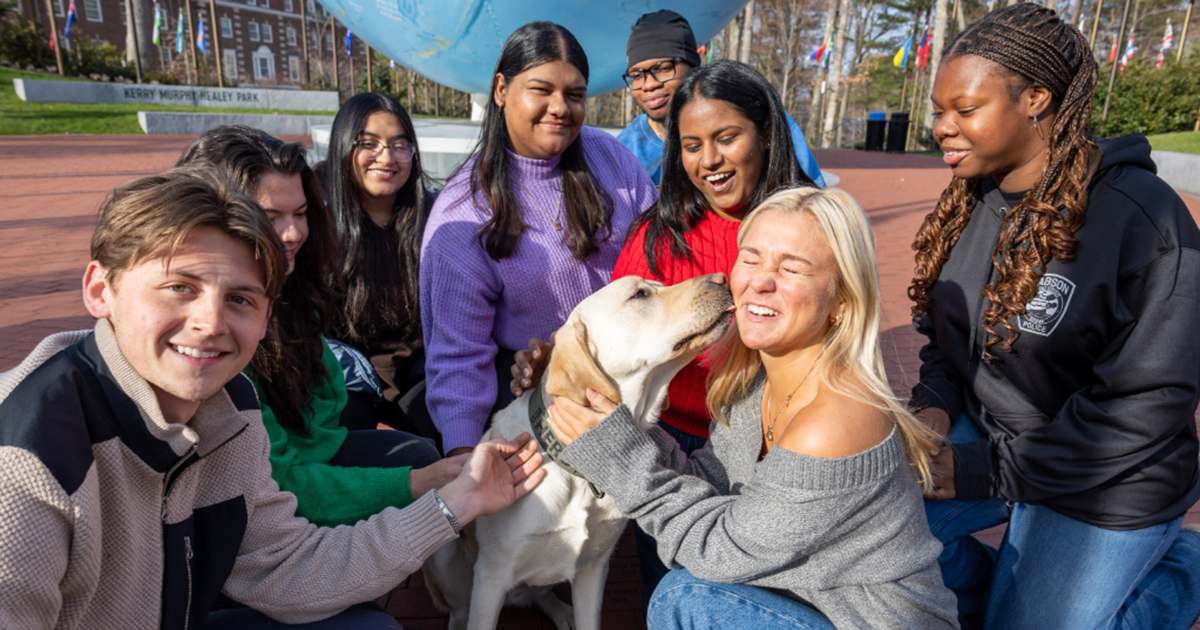How a Different View of Sports Will Present a New Way to Learn

In early March, some of the world’s most popular sports leagues in North America and Europe suspended their seasons as nations on both continents grappled with the coronavirus outbreak.
Now, almost three months later, with a handful of leagues eyeing restarts, games being played in potentially empty stadiums without fans has turned professional sports on its head, leaving the relevancy of home-field advantage in doubt and possibly affecting outcomes.
But, because of all of this, Professor Rick Cleary looks toward the future of teaching students in his Sports Applications of Mathematics class with a sense of enthusiasm.
Approaching a Restart
According to Cleary, an unprecedented time like this in professional sports presents an opportunity for new data, and new ways to learn.
“How did this affect home-field advantage? How did this affect strategy? How do the leagues respond? Are there going to be any rule changes?” Cleary asked. “It’s an unusual year, so it’s a good time to experiment.”
On Thursday, June 25, join Babson and leaders from the Cincinnati Reds, St. Louis Blues, and Leyton Orient Football Club, to discuss the ways that they are thinking entrepreneurially and guiding their organizations to success during these unprecedented times.
Empty stadiums mean a lack of crowd noise. Silent surroundings mean fewer potential distractions for opposing teams, and, according to Cleary, referees.
“People who have studied home-field advantage closely have concluded it’s largely about the impact of the crowd on officiating,” he said. “If officials are closer to neutral, it will be interesting to see if home-field holds up as well with that.”
Bringing it to Class
Historically, Cleary has brought sports analytics back to the classroom through daily discussions, assignments, and guest speakers, as visitors from the Boston Red Sox, Boston Celtics, and Tampa Bay Rays have delivered real-world knowledge to his students.
Much like new innovation opportunities that will arise during and after the crisis, a drastic and never-before-seen shift in sports will provide a wealth of data for new analysis.
In future classes, Cleary anticipates the exploration of what impact these changes had on sports, as the prevalence of the use of analytics continues to sweep through front offices across the industry.
“Human judgment about what’s likely as an outcome is not very good,” Cleary said. “If you study the uncertain part, and try to figure out what puts the odds in your favor, that gives you an advantage.”
“How did this affect home-field advantage? How did this affect strategy? Are there going to be any rule changes? It’s an unusual year, so it’s a good time to experiment.”
Professor Rick Cleary
According to an ESPN analysis, more than $12 billion in revenue and hundreds of thousands of job losses were projected as a result of this year’s sports stoppages. Losses are not equal across the board, however, given that Major League Baseball has yet to start its 2020 season, while the National Hockey League and National Basketball Association were just weeks shy of the playoffs.
“You could have a huge variance,” Cleary said.
Traditional scouting methods also have been disrupted. Through examples like the virtually held National Football League draft and a shortened MLB draft, teams may have had to rely on analytics more than ever before due to a lack of access to more traditional methods, according to Cleary.
Regardless of the format, when sports return, expect fans to be enthralled. In a separate ESPN study of more than 1,000 sports fans, 88% of respondents who consider themselves avid fans said they plan to watch as much sports as they can when leagues resume.
Posted in Community, Entrepreneurial Leadership







